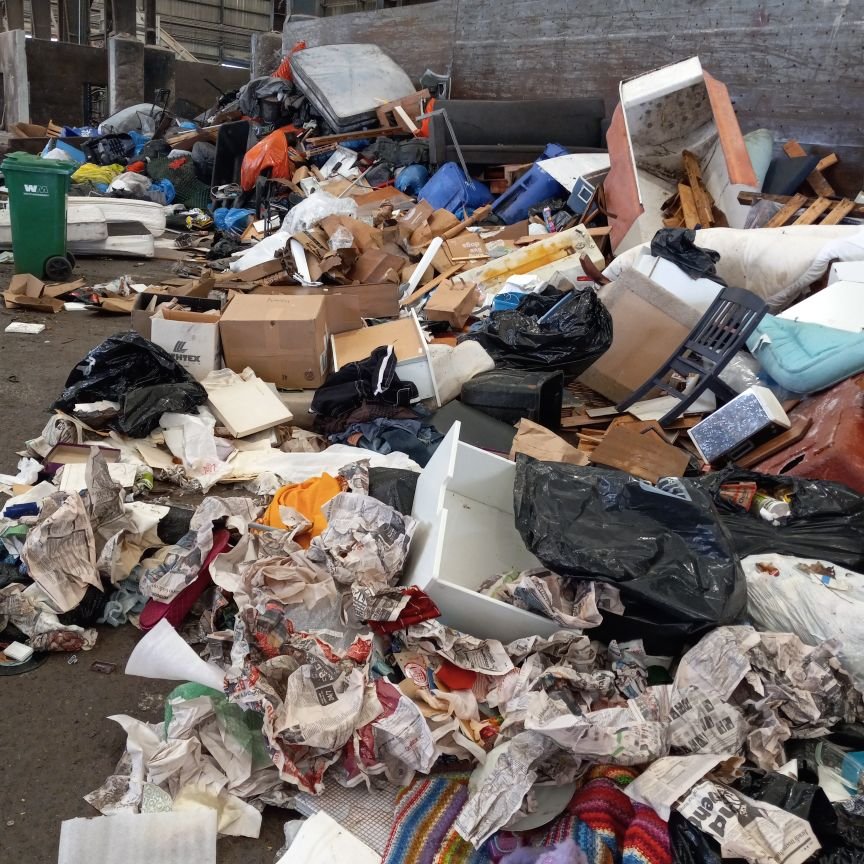Reclaim Waste Melbourne: Proven Techniques for Efficient Liquid Waste Removal
Reclaim Waste Melbourne: Proven Techniques for Efficient Liquid Waste Removal
Blog Article
Enhancing Environmental Sustainability With Strategic Fluid Waste Elimination Solutions
In the realm of environmental sustainability, the efficient management of fluid waste stands as a critical focal factor in maintaining our ecosystems and securing public wellness. Allow us embark on a journey to reveal the transformative possibility of critical liquid waste monitoring practices in enhancing ecological sustainability.
Value of Liquid Waste Administration

Among the key reasons that fluid waste management is essential is its straight impact on public wellness. Neglected or poorly treated fluid waste can contain dangerous virus and chemicals that pose significant wellness threats to communities. Infected water sources can cause waterborne illness, impacting both human health and wellness and environments. Correct administration of liquid waste helps protect against these wellness risks and guarantees the health of the populace.

Difficulties in Fluid Waste Disposal
Provided the critical importance of proper liquid waste monitoring in protecting public wellness and ecological well-being, it is vital to address the many difficulties linked with liquid waste disposal methods. One considerable obstacle is the absence of ample infrastructure for the collection, therapy, and disposal of fluid waste.
An additional difficulty is the visibility of hazardous materials in liquid waste, including chemicals, hefty steels, and microorganisms. Proper recognition and treatment of these hazardous elements call for specific expertise and tools, which may not always be readily offered. Furthermore, the cost of implementing safe disposal techniques can be expensive for some sectors and communities, resulting in additional and non-compliance ecological damages.
Lasting Fluid Waste Solutions
In the middle of the pushing requirement for reliable liquid waste monitoring techniques, the crucial of sustainable solutions emerges as an extremely important problem for ecological conservation and public wellness. Lasting liquid waste solutions encompass an array of innovative modern technologies and methods aimed at minimizing the ecological impact of waste disposal.
Moreover, sustainable fluid waste options prioritize the preservation of water sources via the execution of water recycling and reuse approaches. By dealing with and repurposing wastewater for non-potable applications like irrigation or commercial procedures, these solutions add to water preservation initiatives and reduce the stress on freshwater resources. On the whole, the assimilation of lasting fluid waste options not just supports environmental sustainability yet additionally cultivates a healthier and much more resilient society for future generations.
Advantages of Strategic Elimination Practices
Strategically implemented elimination methods play a critical role in maximizing liquid discover here waste management systems for environmental sustainability and public health and wellness protection. By adopting strategic removal methods, organizations can significantly decrease the environmental impact of fluid garbage disposal. One of the essential advantages is the minimization of unsafe pollutants getting in water bodies, which helps in maintaining marine ecological communities and protecting drinking water resources - Reclaim Waste. Strategic removal methods likewise add to mitigating the risks of soil contamination, which can have durable effects on agricultural productivity and biodiversity.
In addition, these practices promote source healing by allowing the removal of useful materials from liquid waste streams. This not just minimizes the reliance on virgin resources but additionally sustains the circular economic climate concepts of reuse and recycling. Furthermore, tactical elimination practices can enhance functional effectiveness and cost-effectiveness by streamlining waste management processes and enhancing resource allotment. On the whole, the advantages of strategic removal techniques prolong beyond environmental sustainability to include financial advantages and enhanced public health results.
Executing Effective Environmental Strategies
Efficient execution of ecological methods is extremely important in accomplishing sustainable fluid waste management practices. To start with, business have to carry out thorough environmental analyses to identify potential threats and impacts associated with their fluid garbage disposal procedures. By comprehending the ecological effects of their procedures, organizations can create targeted strategies to minimize harm to environments and public health.
Furthermore, carrying look what i found out effective environmental methods includes setting clear goals and objectives for liquid waste management - Liquid waste removal. These goals must specify, measurable, achievable, pertinent, and time-bound (SMART) to make sure liability and track progress in the direction of sustainability targets. Firms can additionally take advantage of innovation and innovation to maximize fluid waste therapy processes, lower source consumption, and improve overall efficiency
Cooperation with regulatory companies, stakeholders, and environmental specialists is another key facet of effective approach execution. By involving with outside partners, organizations can obtain valuable understandings, access resources, and make sure compliance with environmental legislations and policies. In general, a tactical and proactive method to ecological administration is essential for minimizing environmental risks and advertising lasting sustainability in liquid waste removal methods.
Conclusion
Finally, strategic fluid waste elimination solutions play a vital role in enhancing ecological sustainability. By addressing the challenges in fluid garbage disposal and carrying out sustainable techniques, we can minimize the adverse influence on the environment - Reclaim Waste liquid waste removal. It is essential to focus on effective ecological approaches to make sure the long-term health and health of our planet
By executing reliable waste monitoring techniques, such as proper collection, treatment, and disposal techniques, the risks associated with liquid waste can be considerably lowered.
Offered the crucial significance of correct fluid waste administration in securing public health and wellness and environmental health, it is critical to attend to the various obstacles associated with liquid waste disposal methods. Lasting fluid waste solutions encompass a range of innovative innovations and practices aimed at decreasing the environmental blog here influence of waste disposal.Tactically applied removal methods play a critical role in optimizing liquid waste management systems for environmental sustainability and public health and wellness defense. In general, a aggressive and tactical approach to environmental management is important for minimizing ecological dangers and promoting long-lasting sustainability in fluid waste elimination practices.
Report this page